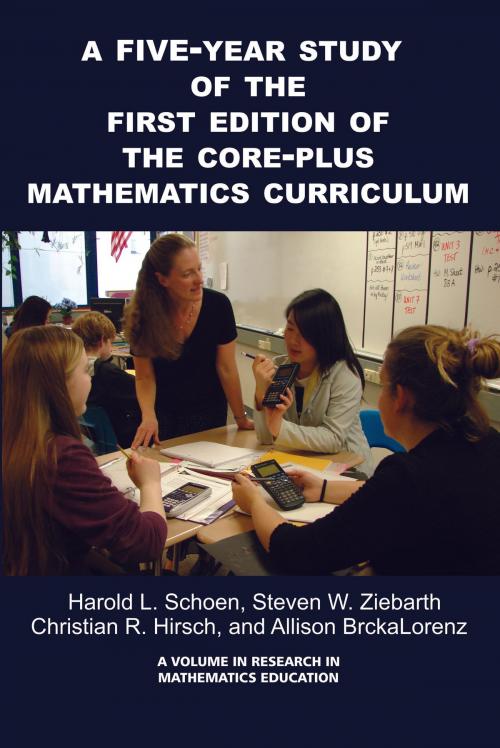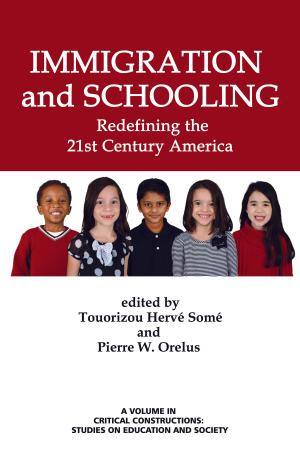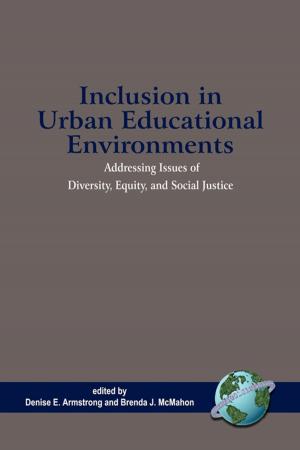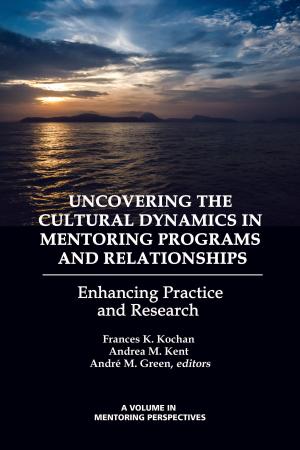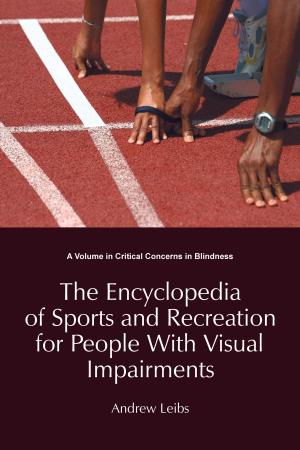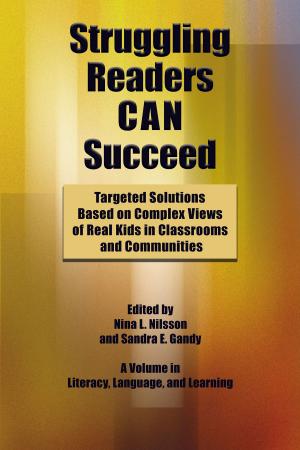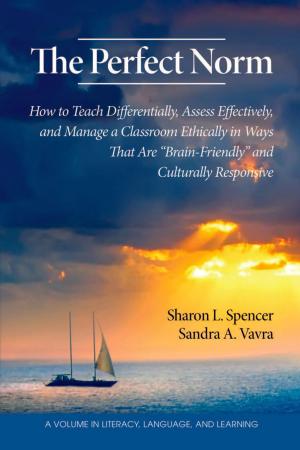A FiveYear Study of the First Edition of the CorePlus Mathematics Curriculum
Nonfiction, Science & Nature, Mathematics, Study & Teaching, Reference & Language, Education & Teaching, Teaching, Teaching Methods| Author: | ISBN: | 9781607524151 | |
| Publisher: | Information Age Publishing | Publication: | July 1, 2010 |
| Imprint: | Information Age Publishing | Language: | English |
| Author: | |
| ISBN: | 9781607524151 |
| Publisher: | Information Age Publishing |
| Publication: | July 1, 2010 |
| Imprint: | Information Age Publishing |
| Language: | English |
The study reported in this volume adds to the growing body of evaluation studies that focus on the use of NSFfunded Standardsbased high school mathematics curricula. Most previous evaluations have studied the impact of fieldtest versions of a curriculum. Since these innovative curricula were so new at the time of many of these studies, students and teachers were relative novices in their use. These earlier studies were mainly one year or less in duration. Students in the comparison groups were typically from schools in which some classes used a Standardsbased curriculum and other classes used a conventional curriculum, rather than using the Standardsbased curriculum with all students as curriculum developers intended. The volume reports one of the first studies of the efficacy of Standardsbased mathematics curricula with all of the following characteristics: · The study focused on fairly stable implementations of a firstedition Standardsbased high school mathematics curriculum that was used by all students in each of three schools. · It involved students who experienced up to seven years of Standardsbased mathematics curricula and instruction in middle school and high school. · It monitored students’ mathematical achievement, beliefs, and attitudes for four years of high school and one year after graduation. · Prior to the study, many of the teachers had one or more years of experience teaching the Standardsbased curriculum and/or professional development focusing on how to implement the curriculum well. · In the study, variations in levels of implementation of the curriculum are described and related to student outcomes and teacher behavior variables. Item data and all unpublished testing instruments from this study are available at www.wmich.edu/cpmp/ for use as a baseline of instruments and data for future curriculum evaluators or CorePlus Mathematics users who may wish to compare results of new groups of students to those in the present study on common tests or surveys. Taken together, this volume, the supplement at the CPMP Web site, and the first edition CorePlus Mathematics curriculum materials (samples of which are also available at the Web site) serve as a fairly complete description of the nature and impact of an exemplar of first edition NSFfunded Standardsbased high school mathematics curricula as it existed and was implemented with all students in three schools around the turn of the 21st century.
The study reported in this volume adds to the growing body of evaluation studies that focus on the use of NSFfunded Standardsbased high school mathematics curricula. Most previous evaluations have studied the impact of fieldtest versions of a curriculum. Since these innovative curricula were so new at the time of many of these studies, students and teachers were relative novices in their use. These earlier studies were mainly one year or less in duration. Students in the comparison groups were typically from schools in which some classes used a Standardsbased curriculum and other classes used a conventional curriculum, rather than using the Standardsbased curriculum with all students as curriculum developers intended. The volume reports one of the first studies of the efficacy of Standardsbased mathematics curricula with all of the following characteristics: · The study focused on fairly stable implementations of a firstedition Standardsbased high school mathematics curriculum that was used by all students in each of three schools. · It involved students who experienced up to seven years of Standardsbased mathematics curricula and instruction in middle school and high school. · It monitored students’ mathematical achievement, beliefs, and attitudes for four years of high school and one year after graduation. · Prior to the study, many of the teachers had one or more years of experience teaching the Standardsbased curriculum and/or professional development focusing on how to implement the curriculum well. · In the study, variations in levels of implementation of the curriculum are described and related to student outcomes and teacher behavior variables. Item data and all unpublished testing instruments from this study are available at www.wmich.edu/cpmp/ for use as a baseline of instruments and data for future curriculum evaluators or CorePlus Mathematics users who may wish to compare results of new groups of students to those in the present study on common tests or surveys. Taken together, this volume, the supplement at the CPMP Web site, and the first edition CorePlus Mathematics curriculum materials (samples of which are also available at the Web site) serve as a fairly complete description of the nature and impact of an exemplar of first edition NSFfunded Standardsbased high school mathematics curricula as it existed and was implemented with all students in three schools around the turn of the 21st century.
